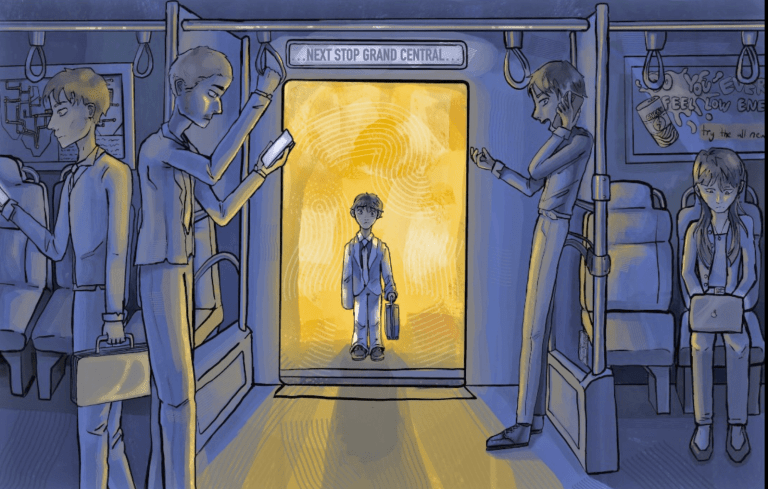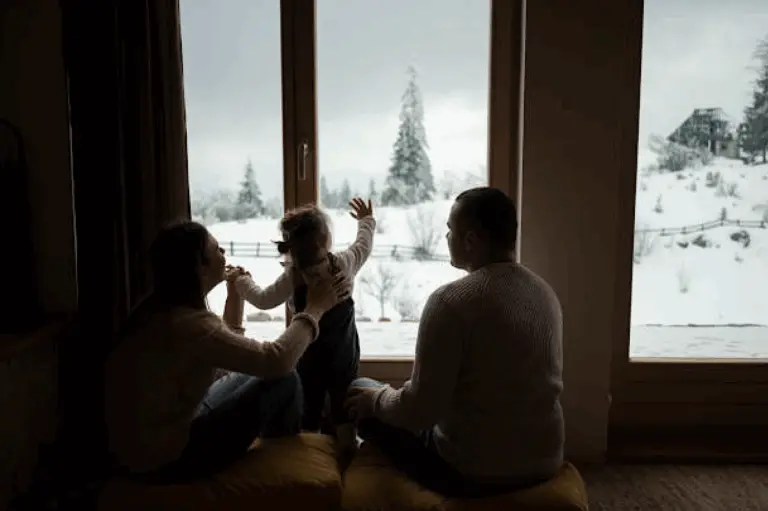By The Rev. Marek Zabriskie
Forgiveness is a complicated and challenging thing for us to bestow. In one of the more famous passages of Scripture, Peter approaches Jesus and asks, “Lord, if another member of the church should sin against me how often should I forgive? As many as seven times?
In other words, how much is enough? Peter was seeking to set limits. What are the limits of my having to forgive? When do I get to say that it’s over. I’m not going to try anymore. This relationship, marriage, or partnership is finished.
But Jesus replied, “Not seven times, I tell you, but seventy times seven,” which was a Hebraism that meant never ending. For Jesus, there is no real life without forgiveness. Jesus was saying that forgiveness isn’t so much an act as it is a way of life.
At its core, forgiveness is about discovering who I am in relation to God and to everyone else. That’s why Jesus went on to tell a parable to Peter about the palace servant who was forgiven a vast debt of 10,000 talents, which would have required 15 years of labor to work off.
And after this immense debt was forgiven, the servant who had owed it ran into a man who owed him only a 100 denarii, a sum that could be worked off in a day. The king’s servant demanded every denarius that was owed him.
When the king heard this, he took back his forgiveness and sent the unforgiving servant off to be tortured and to work off the immense debt that he owed. He sent this unforgiving servant to a hell of his own crafting.
The purpose of this story is that Jesus is determined for us to see that all of us are in debt. We are all imperfect. Each of us has a history – a rap sheet so to speak.
While working for a year as a police reporter, I frequently visited the night court to see if any newsworthy arrests had been made. One night, a man was brought in for drunk driving. He had no driver’s license, and his rap sheet revealed that he had been arrested 17 times previously for drunk driving.
What would your rap sheet look like, if it were printed out for all to see? There is no one who is completely clean or righteous among us, who towers over everyone else’s imperfections.
All of us depend on mercy, and only when we recognize this can we enter into the giving and receiving of forgiveness that makes life and relationships possible. Jesus tells us to pray, “Forgive us our trespasses as we forgive those who trespass against us.” If we are unwilling to forgive others, we cannot expect God to forgive us.
What is certain is that it is much harder for us to forgive others if we lose track of how much God must forgive us. All of us have a long rap sheet of sins, misdeeds and imperfections. Anger, resentment, and rage have a way of focusing our attention on another’s misdeeds and forgetting our own. If we forget all that God must forgive us for having done or failed to do, then it becomes easy to withhold forgiveness from others over even paltry matters.
The craft of forgiveness takes a lifetime of practice, and the Gospel accounts make it clear that we need the community of the Church to help us learn how to forgive each other. The church is meant to be a safe place where we can learn and grow in our ability to forgive.
Forgiveness is hard. One of our favorite ways to avoid it is to wait for the person who has hurt us to make the first move. We envision ourselves as the righteous one. “I won’t do anything,” we say, “until he acknowledges what he has done to me.” But forgiveness often means that we must take the initiative and reach out to the person who has hurt us.
Failure to do so leads to distance and distrust and undermines our relationships. In his book The Great Divorce, C.S. Lewis describes hell as a huge, cold, gray city spread over hundreds of miles with people only living on the periphery.
The city center is empty because everyone quarreled with someone, and when that happened they decided to move away from the person with whom they quarreled. People moved further and further away until the city was desolate. Hell, said Lewis, is for those who choose distance and self-righteousness over confrontation, forgiveness and reconciliation, which are the only ways that our love and our relationships can grow.
Shakespeare captures this thought in one of his great lines found in the Merchant of Venice, “In the course of justice, none of us would see salvation. We do pray for mercy, and that same deed doth teach us all to render the deeds of mercy.”
Christ cares greatly about reconciliation. It’s too late for any of us to seek perfection. That lies beyond us. Rather, Christ urges us to tackle the imperfections that afflict all of us and go about the important work of building a trustworthy and truthful life together.
On the day that the Civil War ended, a group gathered outside the White House and President Lincoln came out to speak to them. A band was assembled and was ready to play. The president spoke briefly about the horrors of war. People were elated and ready to celebrate.
Lincoln spoke about the need to heal the nation’s wounds and unite the people again. Then he called on the bad to play a tune. The crowd wanted to hear “The Battle Hymn of the Republic,” which had become the North’s theme song. But Lincoln surprised band director by asking him to play “Dixie.”
“That tune is now federal property,” he quipped, “and it’s good to show the rebels that with us in power, they will be free to hear it again.” For a long moment everyone stood stunned, looking at each other. The band hadn’t played the tune in years. But after a lengthy pause, they began to play, and it is said that there wasn’t a dry eye in the crowd.
“How many times must I forgive?” Peter asks. Peter was searching for limits – limits in relationships and limits with his neighbors, limits on the demands of God’s love. But Jesus refuses.
There is no counting. There are no limits to reconciliation and forgiveness, no limits on the times that we will be hurt and times that we will hurt others. No limits on the love and the forgiveness that we need to offer each other. And most importantly, no limits on the power of Christ to forgive us so that we might forgive others and set ourselves and them free.
The Rev. Marek Zabriskie is Rector of Christ Church Greenwich.




